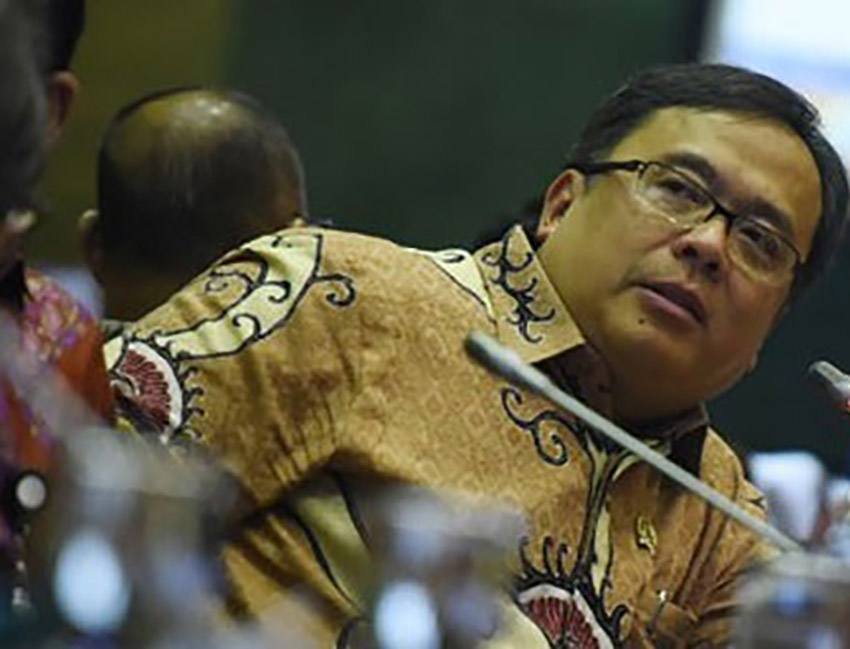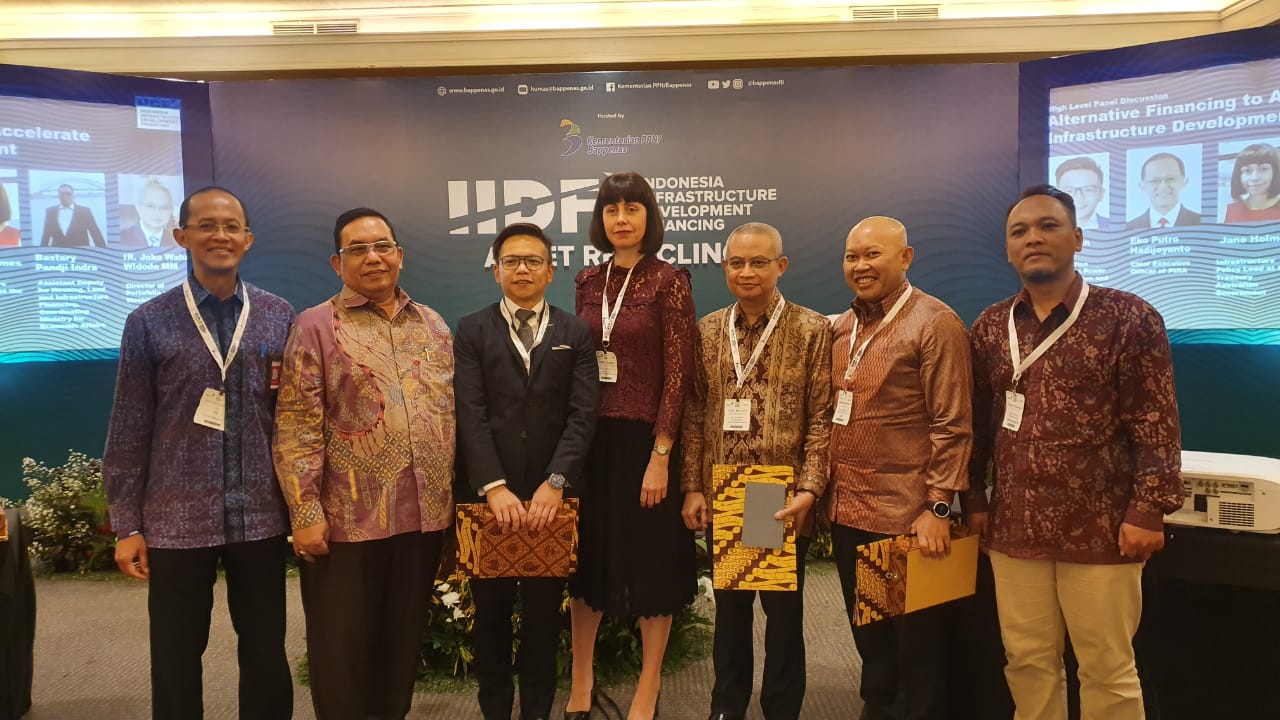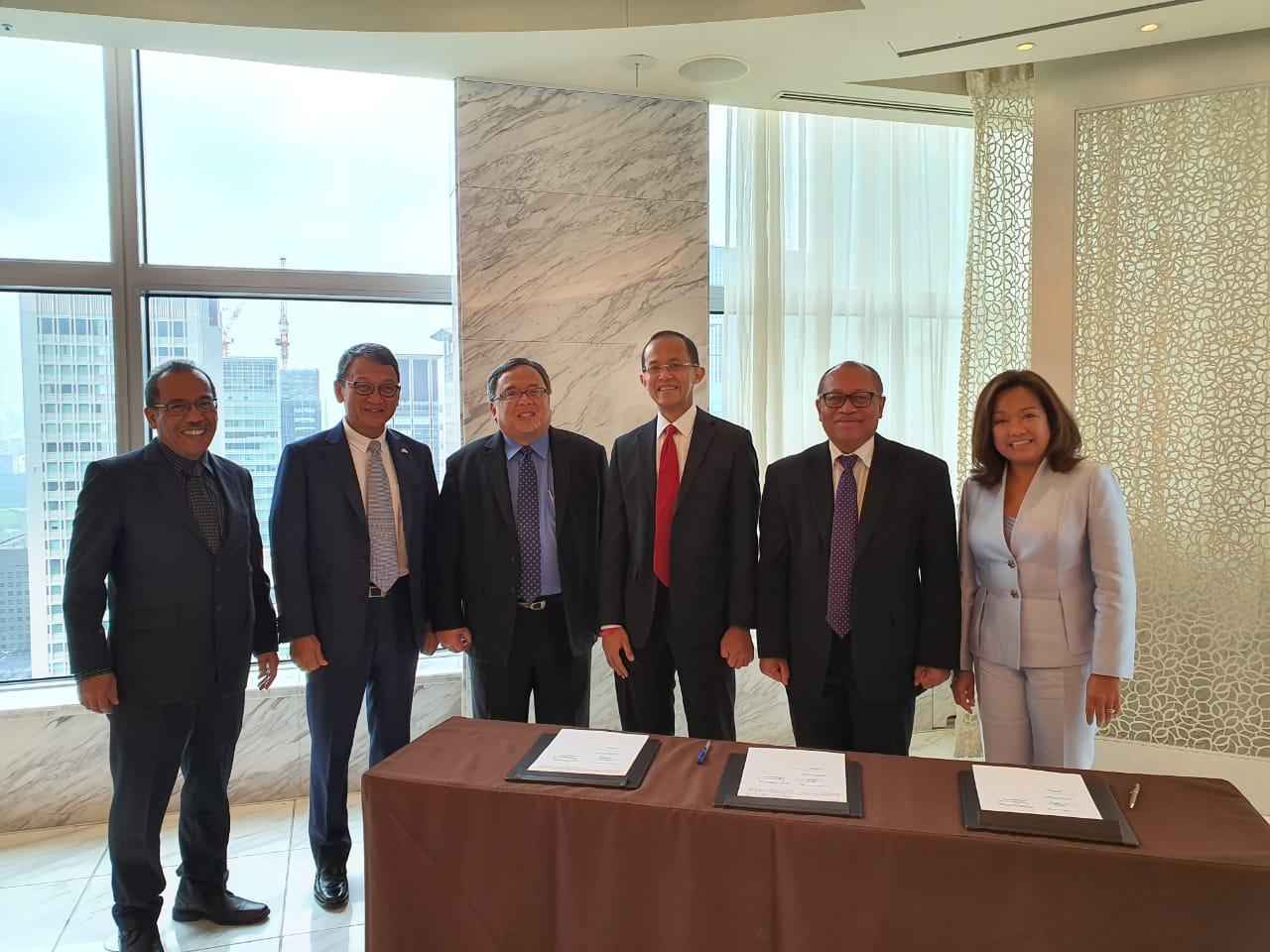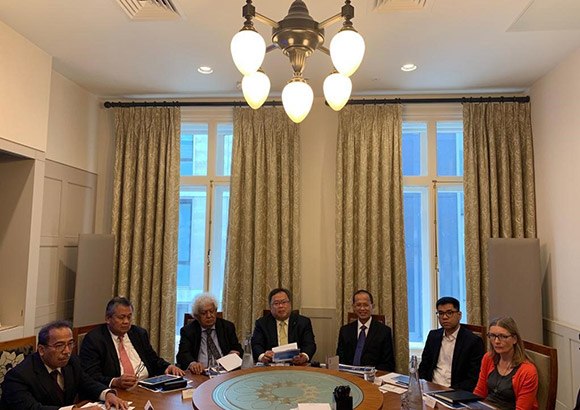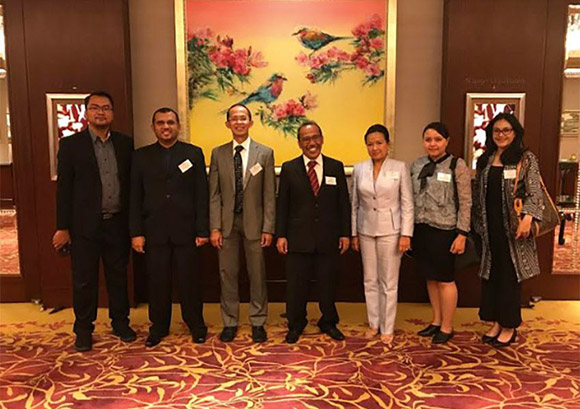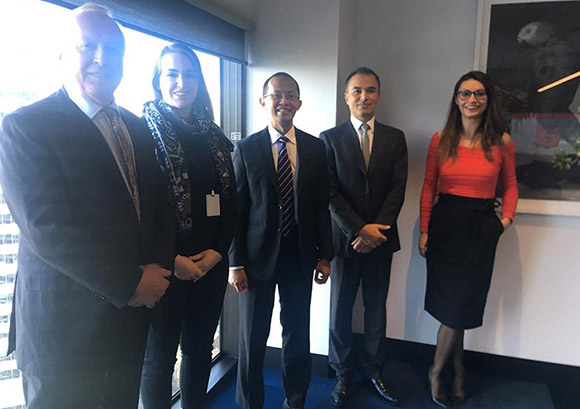
The Government of the Republic of Indonesia is now focused on accelerating infrastructure development evenly throughout the region, but often constrained by financing as the classical problems. How to deal with the problem is through the Ministry of National Development Planning (PPN)/Bappenas breakthrough which presenting Non-Government Budget Investment Financing (PINA) to support the development of a variety of infrastructure projects.
An old proverb says ‘There are many paths leads to Rome’ and this is indicated by the by the PPN Ministry/Bappenas to support infrastructure development focus in Indonesia. PINA program is designed to fill the shortage of financing priority infrastructure projects that require huge capital but still considered good as commercially.
The source of Non-Government Budget Investment Financing (PINA) does not come from the state budget but from other sources of funding such as capital investment, funds under management, banking, capital markets, insurance, financial institutions, other financial services institutions and another legitimate financing. To be able to run these projects, state-owned and private infrastructure developers must have a minimum capital adequacy. During this time the capital of SOEs (BUMN) sustained and highly dependent on government budgets through the State Investment (PMN).
“Currently the State Budget (APBN,-ed) Fiscal space is more limited so we need sources of non-government budgets by utilising funds under management of long-term underemployed such as pension funds and insurance both from within and outside the country,” said Bambang Brodjonegoro reported from BeritaSatu.com (02/20/2017).
Bambang also explained that not all infrastructure projects can be financed through PINA. The PPN Ministry/Bappenas has set four criteria for projects which could be funded through the PINA scheme, which is a project that supports the priority achievement development projects that have commercial viability, projects that have economic and social benefits for the people of Indonesia, as well as projects that have had readiness criteria.
Currently, the PINA program has successfully encouraged financing in the early stage of 9 toll roads worth Rp 70 trillion, in which 5 of them are the Trans Java Toll Road. In this PINA pilot program, PT Sarana Multi Infrastruktur (Persero) and PT TASPEN (Persero) provide early stage equity financing to PT Waskita Toll Road amounting to Rp 3,5 trillion, bringing the total equity to Rp 9,5 trillion from Rp 16 trillion needs.
Bambang explained PINA infrastructure financing scheme is urgent in order to optimise the role of state enterprises and the private sector in development financing. He assesses SOEs (BUMN) and private companies can play a role in fulfilling 58,7 percent or Rp 2,817 trillion in RPJMN 2015-2019.
Infrastructure financing through PINA scheme is also very important to increase the capacity of development finance, for example by mobilising the potential of long-term funds; encourage recycle investment in brownfield projects category; and leverage capacity to relay development capital financial instruments at each phase of development.

